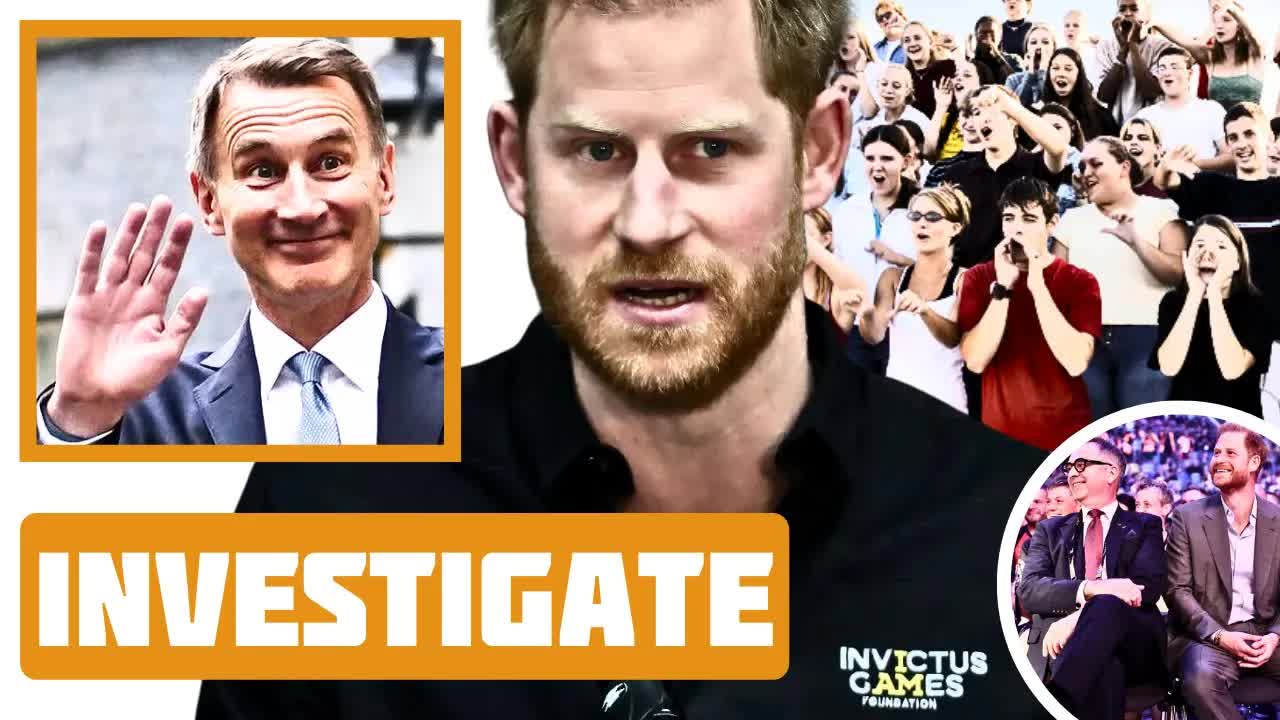The News
Invictus Games: A Royal Financial Fiasco?
Hold onto your hats, everyone!
The Invictus Games, Prince Harry's beloved initiative, is facing some serious scrutiny over its financial management.
It appears that hosting the games is turning into a costly affair for British taxpayers.
The UK government has pledged a staggering £26 million to bring the Invictus Games to Birmingham in 2027.
This decision raises eyebrows, especially considering the tight budget constraints facing the British Armed Forces.
Jeremy Hunt, the Chancellor of the Exchequer, seems to have found a way to allocate funds for this sporting event while the defense budget remains precariously low.
Critics are baffled at how the government can prioritize a week of games for veterans over essential defense spending.
Military leaders and experts are voicing their concerns, questioning the rationale behind such financial choices.
Lord West of Spithead has been particularly vocal, suggesting that the government's priorities are completely skewed.
He argues that feel-good events should not overshadow the pressing need for national defense.
The question on many lips is why supporting ex-servicemen through a series of games takes precedence over the actual security of the nation.
Adding to the controversy, there are rumors circulating that the Invictus Board is sitting on a substantial amount of cash, which some believe is being funneled toward Harry and Meghan.
While taxpayers are footing the bill, past editions of the games have reportedly generated impressive revenue.
Yet, the opacity surrounding the allocation of these funds leaves much to be desired.
Calls for a thorough investigation into the financial dealings of the Invictus Games are growing louder.
The lingering suspicion is that something isn't quite right with the financial management of this once-cherished event.
What was once seen as a symbol of hope and resilience for veterans now seems clouded by allegations of questionable financial practices.
For context, let's not forget that during the last Invictus Games held in Germany, the government covered an astonishing 94% of the costs, leaving only 6% to be funded through donations.
This stark contrast raises questions about the funding model for the upcoming games in the UK.
Moreover, the lavish accommodations and perks associated with the event seem to cater more to celebrity status than to the spirit of the games themselves.
Richard Fitzwilliams highlights this disparity, pointing out the irony of a government that neglects its armed forces while splurging on a royal initiative.
The concern is palpable among veterans, who may wonder if their needs would be better served if their sacrifices came with a royal endorsement.
Invictus, which aims to uplift and support those who have served, appears to have strayed from its noble intentions, becoming a platform for celebrity culture instead.
Many are left pondering the potential impact of the funds allocated to the Invictus Games.
Instead of financing a high-profile event, these resources could provide essential services for veterans in need.
The focus on glitz and glamour seems misplaced when so many former servicemen and women require genuine support.
As the situation unfolds, the public will be watching closely.






























































